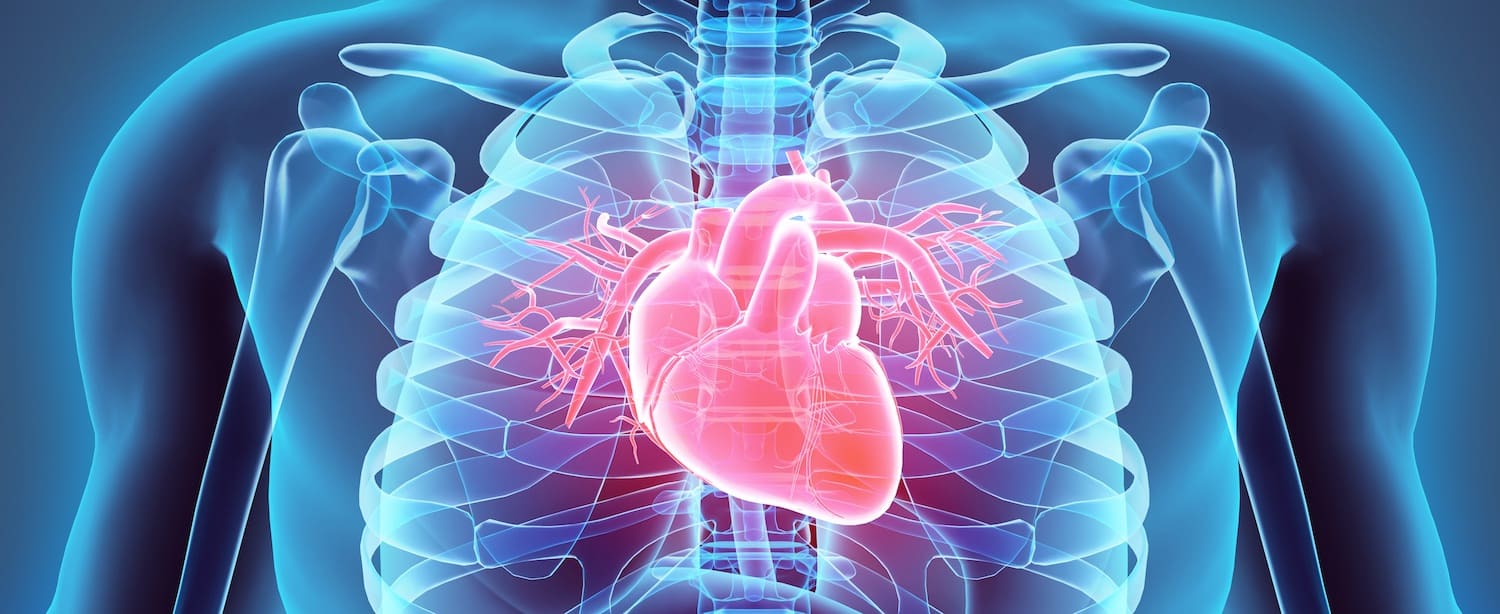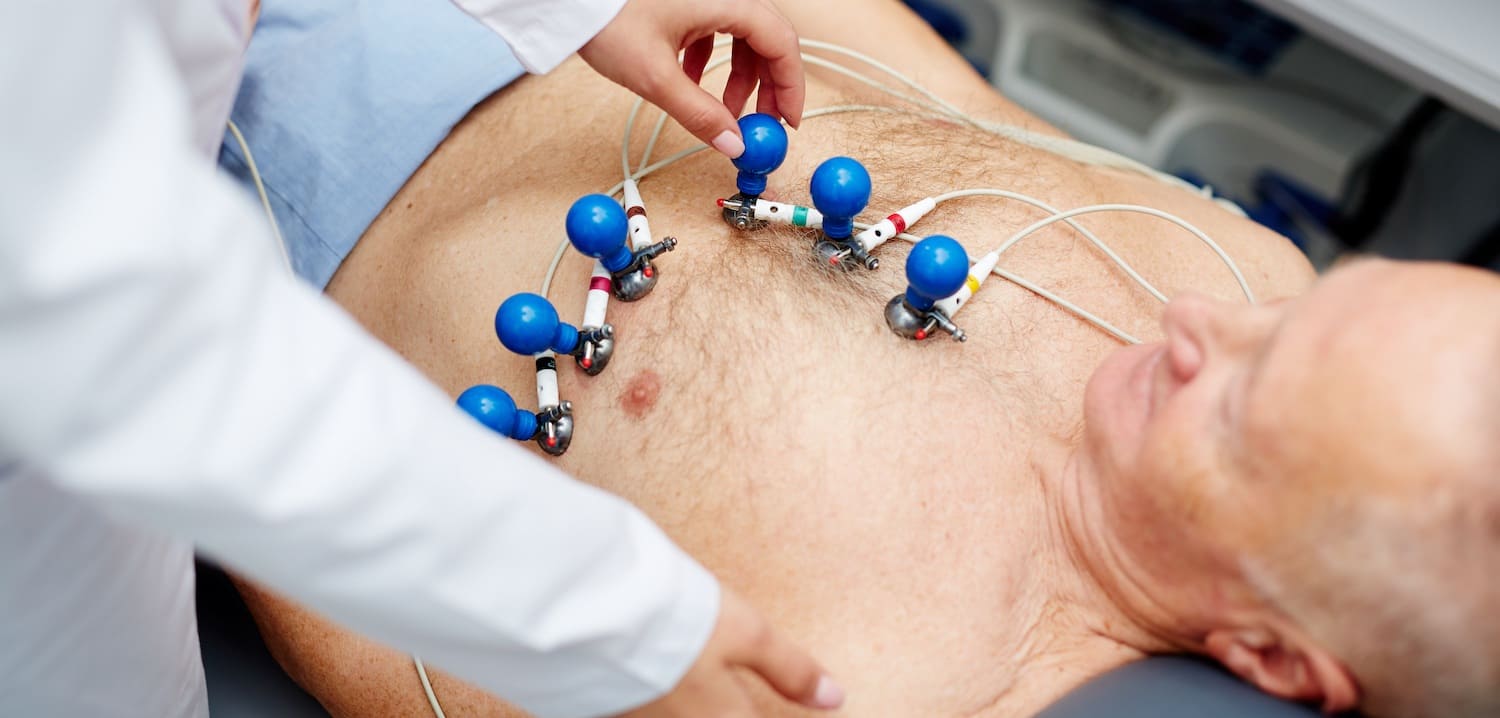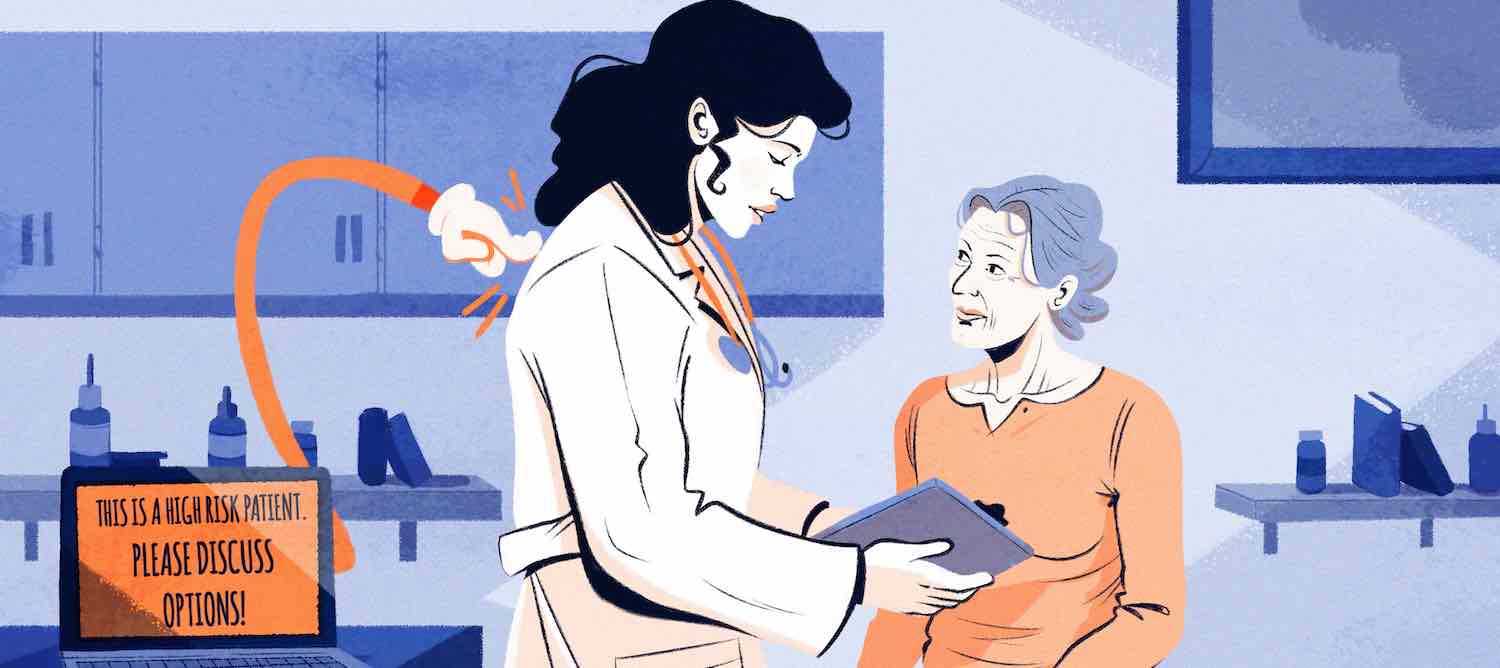News
Immunotherapy cardiotoxicity higher than previously estimated
Cancer patients receiving immunotherapy drugs have a much higher incidence of cardiac events than previous estimates from pharmacovigilance data, reports a nationwide Danish registry. The study, published in the European Heart Journal, found patients with lung cancer or malignant melanoma…
NHS England’s pilot of cancer screening blood test raises questions
The UK National Health Service (NHS) announced on the 27 November that it would be piloting an early detection multi-cancer blood test next year. This represents an important advance because “every year, nearly 200,000 people in the UK die from…
Building back cancer services after Covid-19: European Cancer Organisation plan
The European Cancer Organisation has proposed seven urgent recommendations to ‘build back cancer services better’ after the ongoing challenges resulting from the Covid-19 pandemic. ‘The Impact of COVID-19 on Cancer in Europe’, launched during the European Cancer Summit on the…
Prolonged ADT use in prostate cancer increases CV mortality: A need for cardiovascular protection
Prolonged androgen deprivation therapy (ADT) exposure was found to be associated with reduced cardiorespiratory fitness (CRF) and increased cardiovascular (CV) mortality. The study, published in JACC: CardioOncology, emphasizes the need to consider CV surveillance and risk modification for men both…
Serious patient-reported outcomes data gap in immunotherapy trials revealed
A review of trials of immunotherapy agents revealed a ‘considerable gap’ in the use of patient reported outcomes (PROs), reports a recent study. The data analysis study found PROs were included in less than half of the 44 immunotherapy trials…
Machine learning mortality predictions boost end-of-life conversations
A study of the use of machine learning to predict the risk of dying within six months, combined with behavioural nudges, led to increased serious illness conversations between oncologists and cancer patients. “To our knowledge, this is one of the…
Two studies provide ‘building blocks’ for future advances in pancreatic cancer
Two recently published studies have provided insights into new ways of tackling pancreatic ductal adenocarcinomas (PDACs), a cancer where survival outcomes have made little progress in the past few decades. Approximately 95% of pancreatic malignancies are pancreatic ductal adenocarcinomas (PDACs),…
Roundtable ‘grasps nettle’ on European cancer inequalities
Improving treatment of older patients and closing the East−West divide were the focus of a Community 365 Roundtable on Inequalities organised by the European Cancer Organisation on the 14th October. This event was the first of a series of Community…
Gut microbiome positively influences abiraterone response in prostate cancer
Abiraterone acetate (AA), an agent used in castrate-resistant prostate cancer, promotes a shift towards health-associated, anti-inflammatory gut commensal bacteria, finds a study in Nature Communications. “These findings clearly demonstrate that the gut microbiome is playing a role in treatment response,”…
Four steps to eliminating HPV-related cancers: a call for action
A new report underlines that vaccination, screening, treatment and public awareness, provide the cornerstone for eliminating cancers linked to the human papillomavirus (HPV) in Europe. The report was published by The European Cancer Organisation, Brussels on 7th October. The report,…










